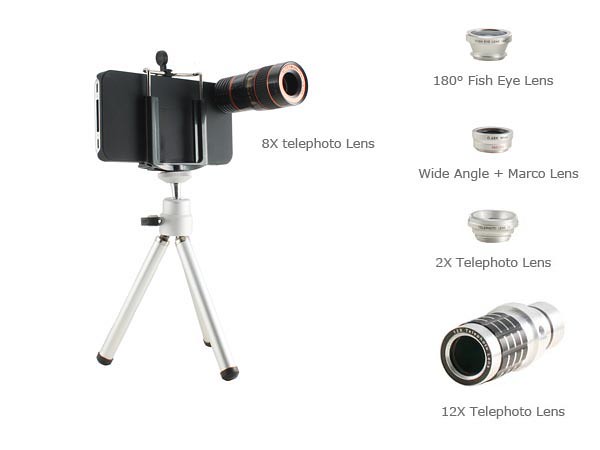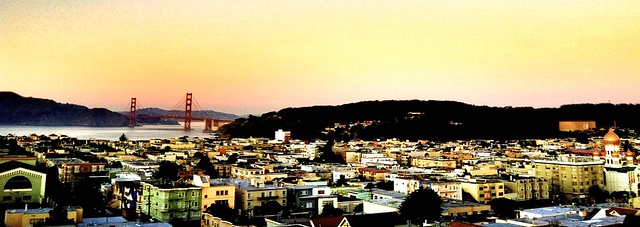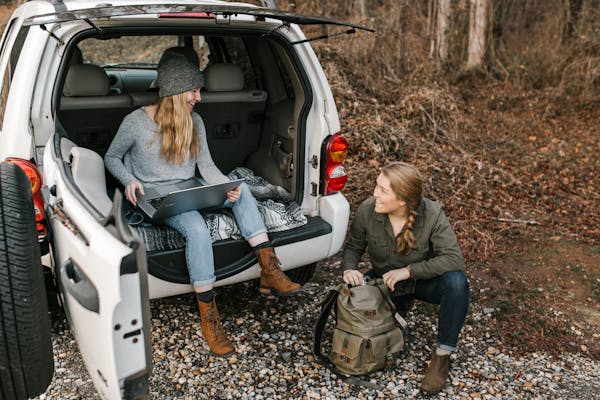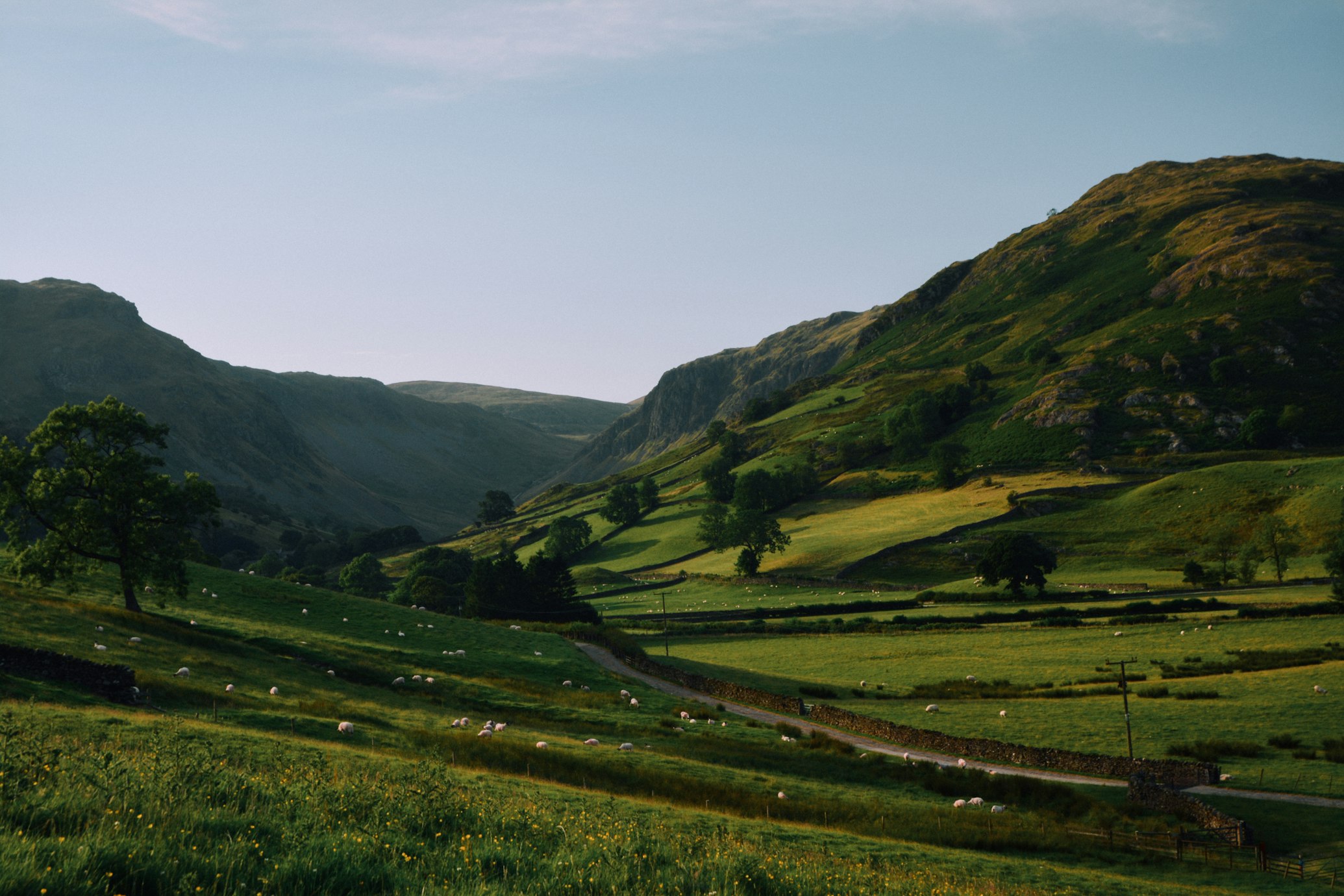 This is a guest post by Jeffrey Ferraro.
This is a guest post by Jeffrey Ferraro.
Vacations are expensive. After budgeting for hotels, airplane tickets, rental cars, restaurants and all the other major and minor costs of travel, there's typically very little money left over for a fancy new camera to document the trip.
Luckily, the cameras built in to today's smartphones are of such high quality that you may not need to buy a new point-and-shoot or even an SLR.
Lately, even journalists and newspapers are turning to images taken with cell phones to document their stories.
The key to great vacation photos is knowing how to make the most of your smartphone's camera.
Not only are there apps and accessories you can use to take your shots to the next level, but there are also some simple compositional techniques that will ensure that your pictures are eye-catching before you even take the shot.
Tip #1: Take Advantage of Cell Phone Apps
Popular applications like Instagram allow you to apply filters to your pictures and correct flaws like inadequate lighting. The filters allow you to choose a look for your picture so that you can accentuate the colors or give it an old-fashioned "postcard" sort of look, or even make it look like it was taken on film.
You can also use these apps to:
- Add more light to make the details easier to see
- Change the focus of the picture by adjusting the depth of field to highlight a person's face or emphasize a particular aspect of the landscape
- Geo-tag your photographs with your GPS location so that your "followers" can know exactly where the photo was taken
- Share your photos immediately with friends and family not only through the app itself, but also through other social media sites like Facebook and Twitter
If you're concerned about privacy issues relating to putting your pictures online, you can set your profile to private so that only people you know can see them.
Tip #2: Take Advantage of Add-on Lenses
 Another way to make your smartphone more versatile is to buy a clip-on lens set or even a tripod. You can buy lenses both individually or as part of a set. There are tons of advantages to using particular types of lenses, such as:
Another way to make your smartphone more versatile is to buy a clip-on lens set or even a tripod. You can buy lenses both individually or as part of a set. There are tons of advantages to using particular types of lenses, such as:
- A micro lens will allow you to take better close-up pictures of small objects or details in a setting.
- A wide-angle lens enables you to include more of a scene, which is especially useful when you are trying to get a large building into a picture or a landscape.
- A fish-eye lens can produce fun effects and creates an interesting distortion of the image.
- A telephoto lens enables you to take better pictures from a distance.
- A tripod will help you avoid a blurry or crooked image.
Tip #3: Think Before You Snap

It can be easy to fall into the trap of concentrating too much on the technological aspects of photography, on what applications and lenses to use, what type of smartphone offers the most megapixels and so forth.
What many people forget is that the most important part of taking good pictures is the way you use your mind and your eye to visualize and plan what you want them to look like.
- Think about the story you want to tell with your photograph and about what you've seen on your travels. How do you want to communicate the feelings you have experienced? How do you want to set your photos apart?
- Think about taking a photograph from unusual angles. For example, you can get down on your knees and shoot up close to a tall building to emphasize its size, or tilt your camera to create a unique skyline or perspective.
- Look for interesting color combinations such as sharp contrasts or different shades of the same color, like red or blue, in close proximity to each other.
- Try to set up unusual juxtapositions, like very old and very new buildings, or a strange combination of objects.
- Make sure that your pictures include a combination of landscapes and people.
- Take pictures of people who are doing something, not just posing for the camera.
These pictures will help you remember what you saw and experienced on your trip.
What kind of memories do you want to create? Let your pictures help you do that.

About the author: Jeffrey Ferraro is a travel expert and enthusiast. He is the Director of Marketing of Diamond Tours, the leading provider of charter group bus trips in the US and Canada, including a popular tour to the Holy Land Experience in Orlando. Jeffrey loves uncovering lesser known travel destinations and sharing them with his customers.
If you want to write a guest post, see the guidelines.




